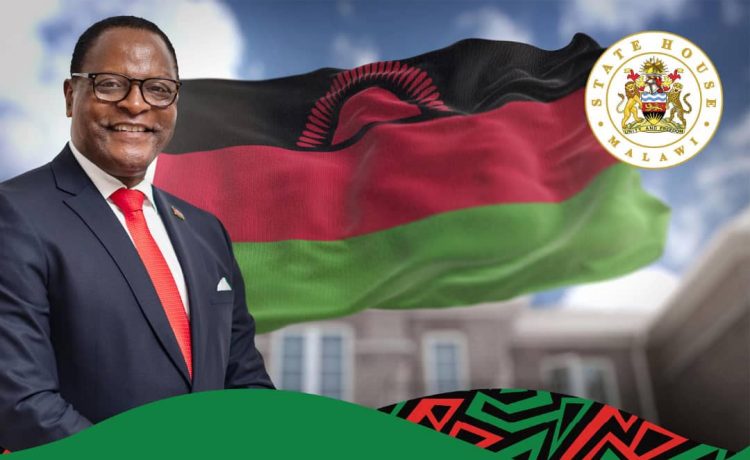In a refreshing departure from tradition, President Lazarus Chakwera’s recent granular State of the Nation Address (SONA) stands as a testament to what inclusive governance can look like in Malawi. By making a detailed account of development projects existing within the country’s districts, the President is not only consolidating transparency but also acknowledging the vital role inclusivity in the nation’s progress.
Following his SONA, the President has since announced that he will, this Friday, be engaging the youth in dialogue on development initiatives undertaken by the government and the stakes that the youth have on the same. As he prepares to engage with Malawian youth in a dialogue unprecedented in its scope, it remains essential for both the government and the populace to recognize the importance of this initiative.
The proposed event, schedule to take place tomorrow, February 21, consequently invites young people—those aged 30 and under—to express their perspectives, questions, and aspirations when it comes to their role in national development initiatives reflected in the SONA and development aspirations and policies in general. This engagement, aptly themed “A SONA for the Youth, Our Stake in Taking Development Forward,” is a clarion call for young Malawians to assert their place in the nation’s discourse.
The significance of this interaction cannot be overstated. Youth in Malawi represent nearly half the population, yet historically, their voices have been marginalized in critical forums where decisions that affect their lives are made. By proactively seeking to include them in discussions about the implementation and impact of development projects, President Chakwera acknowledges an essential truth: sustainable development cannot occur without active youth participation.
It is important to consider that this engagement is more than just a one-off event; it has the potential to serve as a model for ongoing communication channels between the government and the youth. Creating platforms where young people can frequently voice their concerns and provide feedback on governance will pave the way for a more inclusive and responsive administration. Youth are not just passive recipients of policies; they are active agents whose insights can lead to innovative solutions to the challenges Malawi faces.
I join the voices of other commentators who have, since, commended the President’s initiative and attention to the youth. The success of this initiative will depend on several factors. The government must actually listen to the feedback provided and commit to implementing changes based on the insights gained from the discussions. Furthermore, there is a need to create awareness among the youth on the workings of government and development activities so that they can actively participate.













